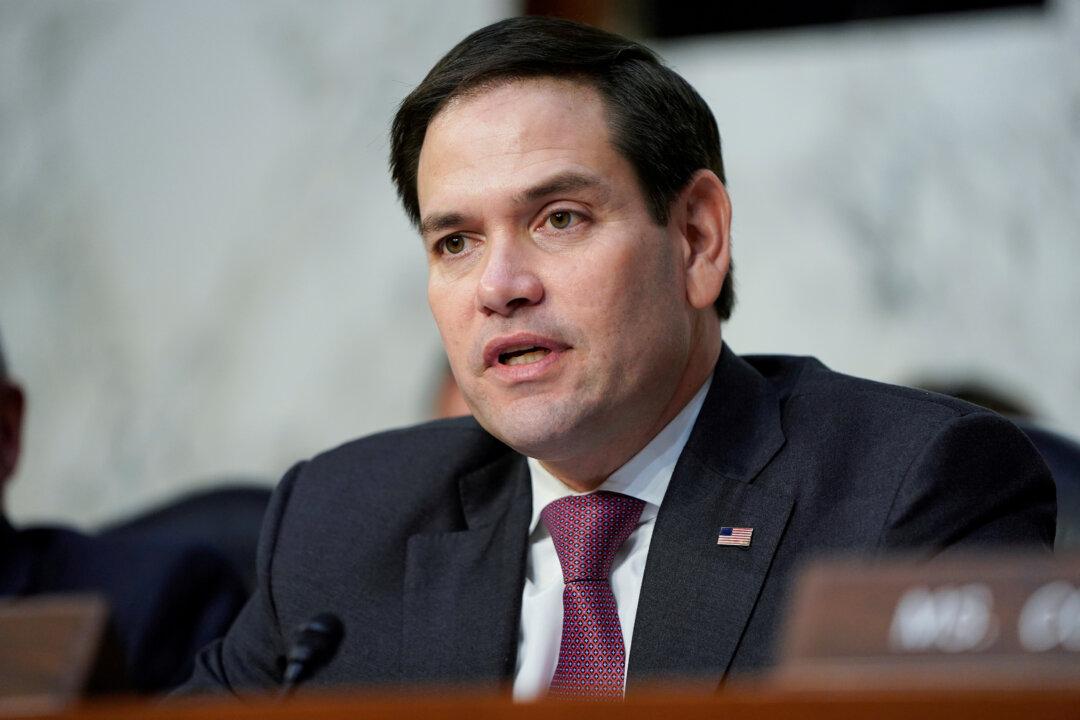Republican senator Marco Rubio said on Oct. 28 he plans to introduce legislation to block U.S. government pension funds from investing in Chinese stocks after a fund delayed a decision about tracking an index provided by MSCI Inc.
Rubio and a bipartisan group of senators have complained about specific companies included in the MSCI All Country World ex-U.S. Investable Market Index, which gives a 7.5 percent weighting to Chinese firms.





